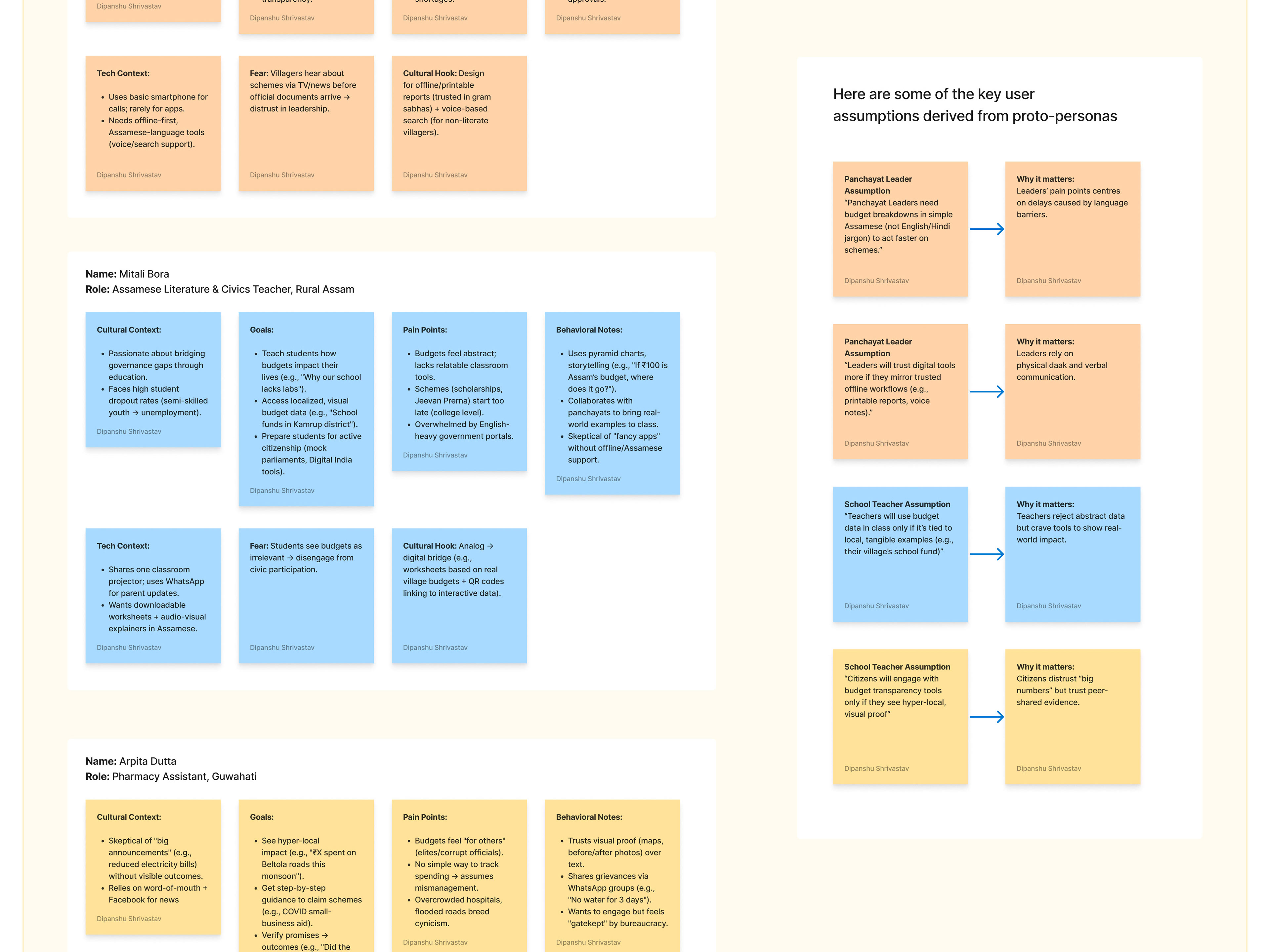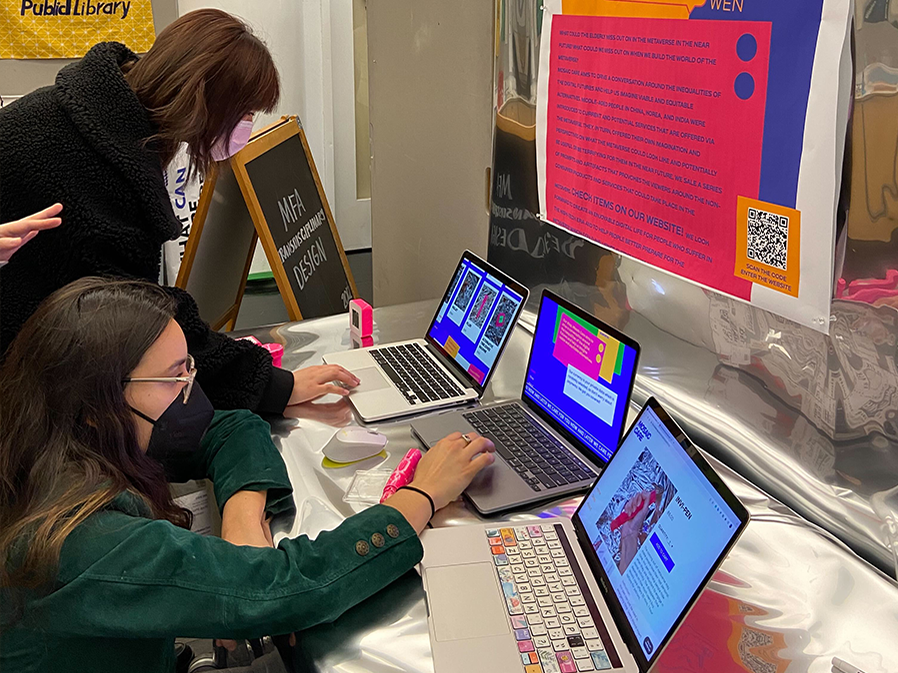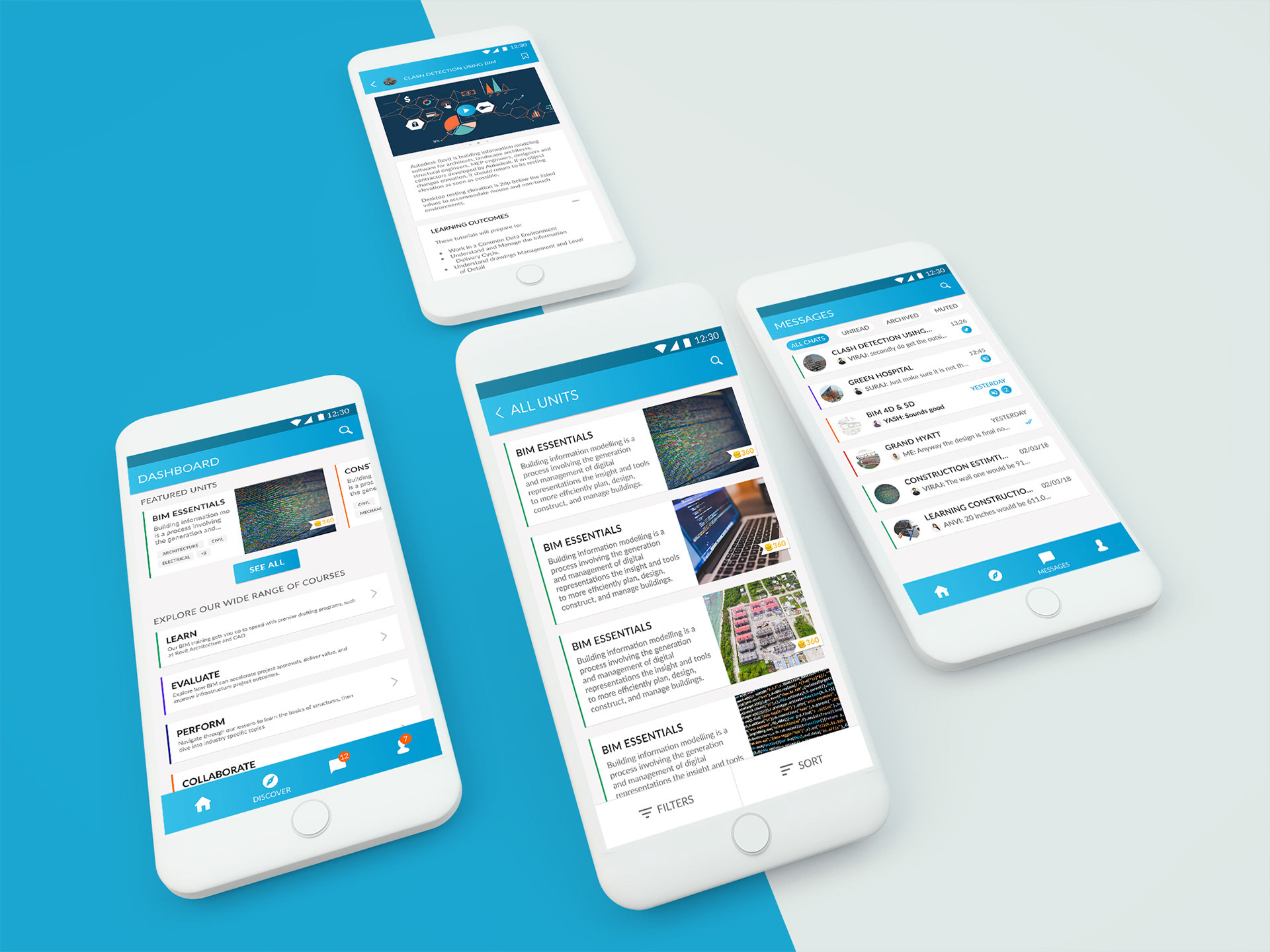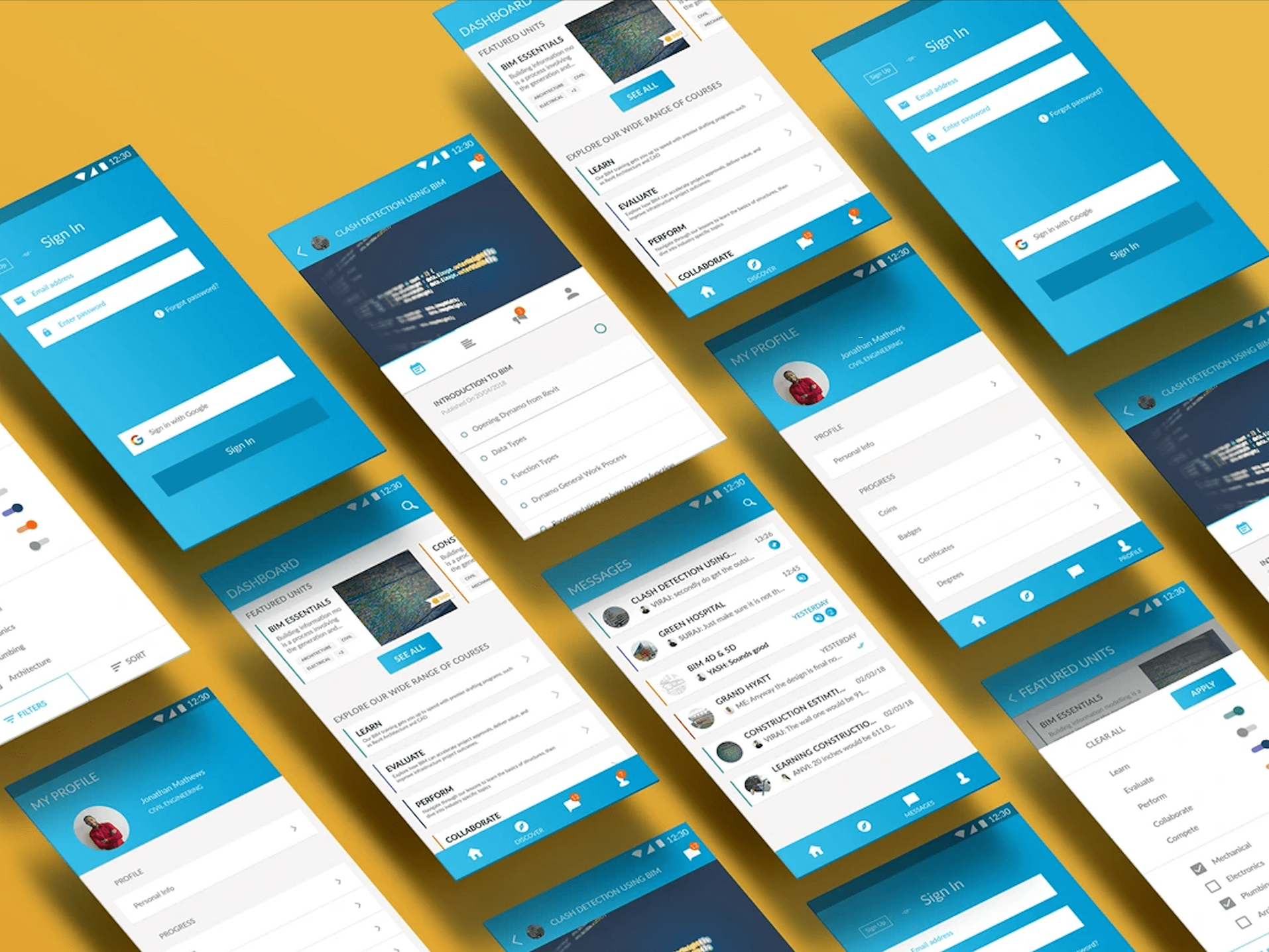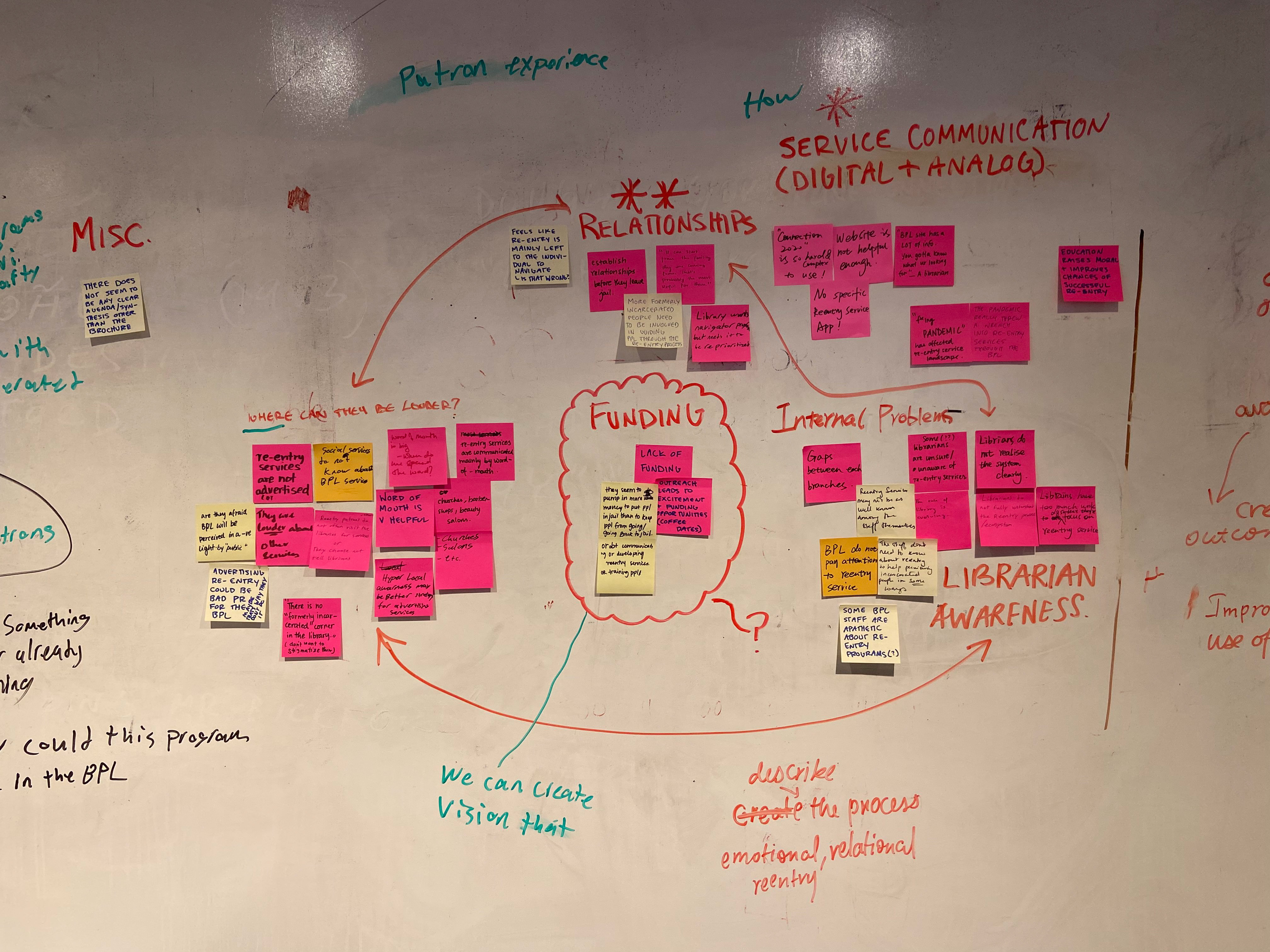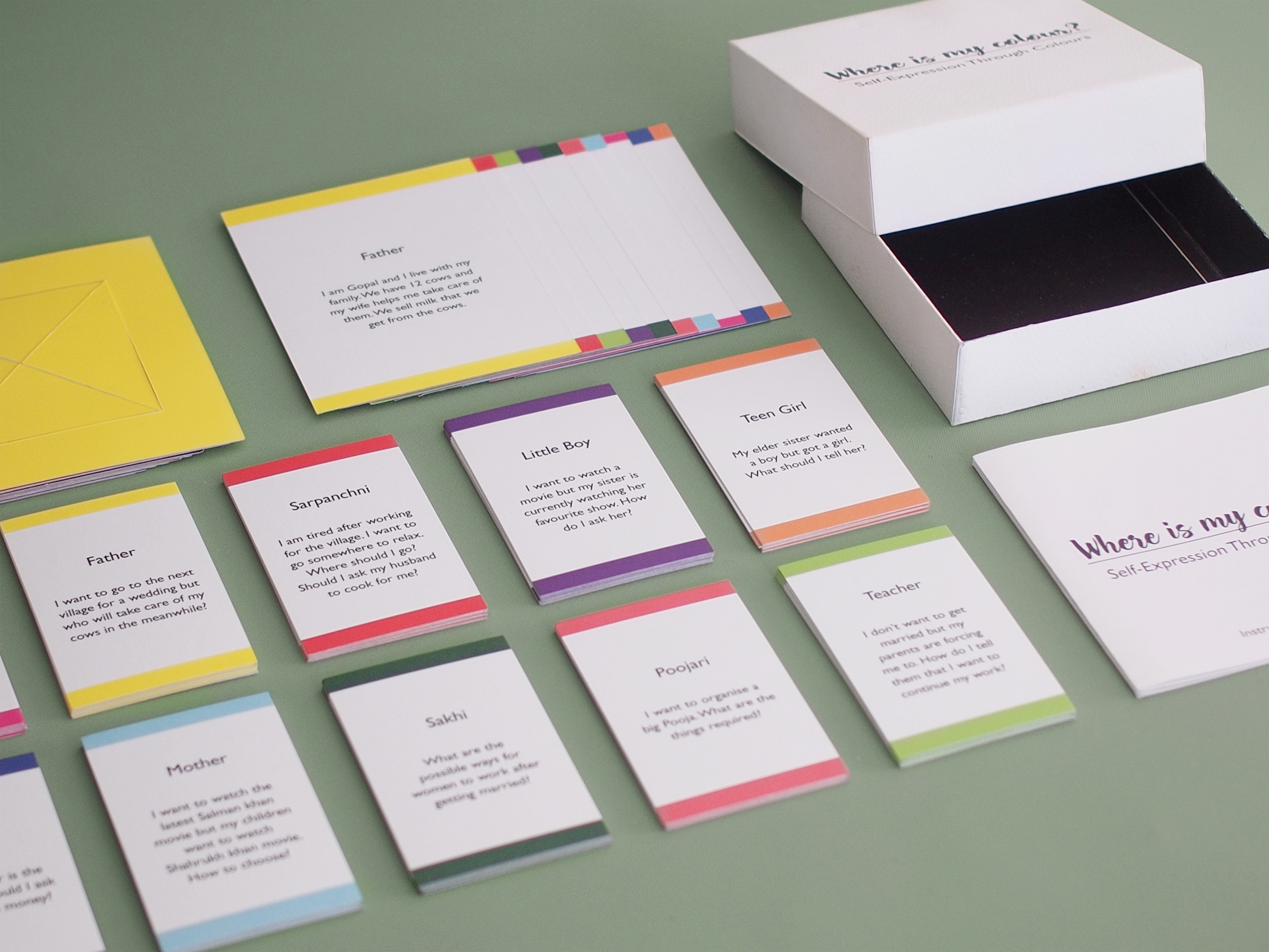Reimagining the Future of Worker-Owned Cooperatives: A Blueprint from the TDC Design Research Process
SCOPE: In a market saturated with gig economy behemoths, The Drivers Cooperative (TDC) stands out as a trailblazer for worker ownership and collective empowerment. Rooted in the principles of autonomy, community, and equity, TDC is reshaping the narrative of the ride-sharing industry. Our design research process delves into the motivations, challenges, and aspirations of TDC’s driver-members, providing crucial insights for refining operations and enhancing member engagement.
ROLE: I led ethnographic research, grounding our strategy in lived experience through deep immersion, and semi-structured interviews to uncover nuanced motivations, constraints, and aspirations within gig work. Using collaborative card sorting and co-design workshops, we surfaced tensions around autonomy and support, creating shared vocabularies and co-authored service blueprints. Facilitating stakeholder-driver roundtables allowed continuous, relational feedback loops, cultivating a culture of accountability and learning integral to the cooperative's design and ethos.
Building a Community of Ownership
PROBLEM: Participation is often superficially defined as the mere presence of diverse voices in a group. However, our research revealed that true participation involves much more; active involvement, equitable influence on outcomes, and mutual respect for differences. Current practices often create spaces that give the illusion of participation while silencing or excluding certain voices, especially those with invisible constraints.
Understanding Drivers Mindsets
This project employed ethnographic techniques, including semistructured interviews, shadowing and participatory co-design workshops to deeply understand drivers’ perceptions of The Drivers Cooperative (TDC). Researchers mapped drivers’ lived experiences, uncovering key tensions: their intrinsic motivations (desire for autonomy, community stewardship) clashed with ingrained scepticism from exploitative gig work histories.
Patterns revealed drivers valued relational agency (nonhierarchical communication, peer mentorship) and sought tangible expressions of ownership, yet struggled to internalise cooperative principles due to industry conditioned transactional mindsets. Insights highlighted the need for customised onboarding (modular involvement models, mentorship frameworks) and spatial or symbolic artefacts to make ownership visceral. Ethnographic data directly informed service blueprints, such as app interfaces prioritising transparency in profit sharing and tools for collective knowledge exchange, translating drivers’ aspirational narratives into actionable cooperative infrastructures. This approach positioned drivers as codesign partners, ensuring solutions resonated with their lived realities while challenging extractive platform paradigms.
Reading Between the Lines: An Abductive Approach
This process began with ethnographic interviews, capturing raw driver narratives that revealed tensions between cooperative ideals and gig economy legacies. Quotes were thematically coded to surface recurring patterns: desires for relational agency, scepticism towards opaque platforms, and struggles to internalise ownership. These patterns crystallised into insights, such as the need to balance personalised support with scalable systems, or the role of tangible artefacts in embodying cooperative values.
Insights were then reframed as provocative “How Might We” questions, translating drivers’ lived realities into actionable design challenges. For example, drivers’ emphasis on peer mentorship informed HMW statements around modular onboarding frameworks, while frustrations with transactional platforms inspired probes into democratising ownership visibility. This methodology positioned drivers’ voices as the scaffold for systemic solutions, bridging ethnographic depth with strategic service design.
INSIGHTS: Several key insights emerged from the research:
Invisible Constraints: Many participatory spaces fail to account for invisible listening constraints, such as language barriers or cognitive differences, leading to unintentional exclusion.
Illusion of Participation: Practices that seem participatory on the surface often fail to provide real influence or respect for differing opinions, creating frustration and disengagement among group members.
Productive Disagreement: Spaces that allow for respectful disagreement and diverse viewpoints contribute to more robust decision-making and group cohesion.
Language Barriers: Multilingual environments, while rich in diversity, often complicate communication and hinder mutual understanding, necessitating new strategies for effective dialogue.
Service Blueprint created by Aloma Antao, Giulia Donatello, Jungmin Lee, & Manavi Datta
Iterative Service Blueprint
The synthesis of ethnographic research, spanning driver interviews, journey mapping, and co-design workshops, directly informed the service blueprint by anchoring it in drivers’ lived realities and systemic pain points. Insights such as the need for tangible ownership cues, scalable peer mentorship, and balanced human-automation interplay were translated into blueprint components:
Frontstage actions: Driver app interfaces (e.g., real-time documentation upload, in-app FAQs, trip review prompts) and peer mentorship touchpoints, designed to foster autonomy and reduce onboarding friction.
Backstage processes: Transparent payment timelines, automated dispatch support, and backend systems for document verification, addressing operational delays highlighted in driver narratives.
Support infrastructure: Culturally sensitive communication channels (WhatsApp groups, multilingual resources) and driver-led governance protocols, embedding cooperative values into daily operations.
Key pain points like payment ambiguities and fragmented communication were mapped to service gaps, prompting solutions like payment date notifications and modular onboarding checklists. The blueprint operationalised “How Might We” challenges, such as democratising ownership visibility through share-certificate dashboards and mentorship frameworks. By visualising interdependencies between driver actions, coop workflows, and technical systems, the blueprint became a strategic tool to align service scalability with relational equity, ensuring the cooperative’s ethos permeated every touchpoint.

